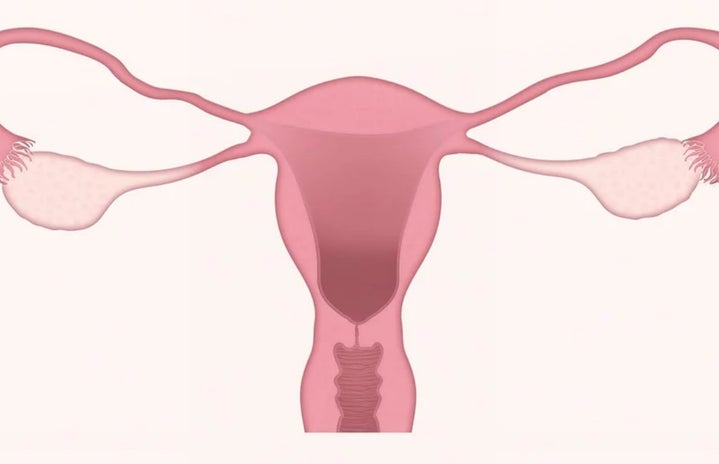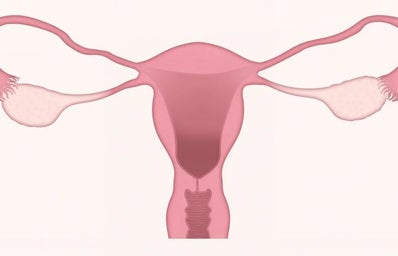Six months after getting an IUD, I had some pain in my lower left abdomen. I proceeded to ignore it; I get sporadic pain in random places all the time, and I was sure it would go away. My friend who also had an IUD had the same pain, but it had passed, so I decided to just let it be. I’m busy with school, I thought, it’ll probably go away. A few days later, though, I was reading a novel for one of my classes and in it, the main character has an IUD put in. A couple of weeks later, she was rushed to the hospital for pain in her lower abdomen that was so intense she threw up.
Obviously, after reading that a girl who had my exact symptoms was rushed to the hospital, you can understand why I no longer chose to ignore it. I immediately got in touch with my doctor. I was worried that my IUD was out of place, which meant that I was susceptible to getting pregnant, or that I could potentially be experiencing the same thing as the woman in the book. Since I originally tended to feel the pain right before I peed, my doctor first wanted to get a urine sample to make sure I didn’t have a Urinary Tract Infection (UTI). After the sample showed up negative, I made an appointment with my doctor to check if the strings from my IUD were in place. After she checked and confirmed that the strings were in place, this meant that the last possible explanation for the pain was if the IUD itself was out of place. My doctor gave me a requisition form to get an ultrasound in order to see if everything was okay.
When I told my friends I was getting an ultrasound, they thought I was pregnant, but there are actually many different types of ultrasounds. The type of ultrasound I got is called a pelvic ultrasound, because the aim is to see what’s going on in the pelvic region. I booked my appointment, got the pelvic ultrasound (it sucks holding in your pee for so long!), and after that one, they also did a transvaginal ultrasound, which means the ultrasound actually goes inside of me instead of happening on the outside of my body. It felt very uncomfortable and cold, but there wasn’t much pain, just a bit of pressure. I even had to wear one of those hospital gowns. After I got the ultrasound, all I could do was wait.
Fast-forward a week and I got a call from my doctor’s clinic; they let me know that I had an ovarian cyst on my left ovary and it’s probably benign, so I had to check back in 2-3 months and get another ultrasound to see if it’s gone or if it grew. My immediate concern was, I have something growing on my ovary and I don’t even know what it is; could that make me infertile? Can it kill me? Is this rare, or do other people go through this as well?
Clearly, I was missing some vital information about what was happening inside of me, so I decided to do some research. So, what is an ovarian cyst anyway?
An ovarian cyst is a small sac that can grow on or inside the ovaries that is filled with fluids. Ovarian cysts are common and many women have them; chances are your mom, aunt, or friend has had one before. Usually, they go away in a few months and cause little pain or discomfort. However, in some instances, serious symptoms can arise, especially if this sac ruptures. Some symptoms I felt were a pain in my lower abdomen and pelvic area and a heaviness in my abdomen; if there was too much pressure, I was in pain.
After finding out what it was, I was still anxious and confused as to what this meant for me. I spoke to my doctor, and I was informed that no, this would not affect my fertility. I just had to watch it and if any more abdominal pain or bleeding occurred, then I had to get an ultrasound as soon as I could to see what’s going on.
While this was a scary experience and I wish it didn’t happen, it also taught me a lot at the same time. You should never ignore a pain in your body, and you should get it checked out ASAP as you never know what could be going on inside your body. It’s better to be safe than sorry, and even if it’s not going to kill you, it could cause pains or complications; so I urge you, next time you have pain in your abdomen, get it checked out. It’s just one of the many ‘perks’ of being a woman.



